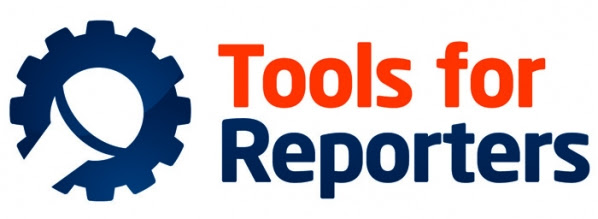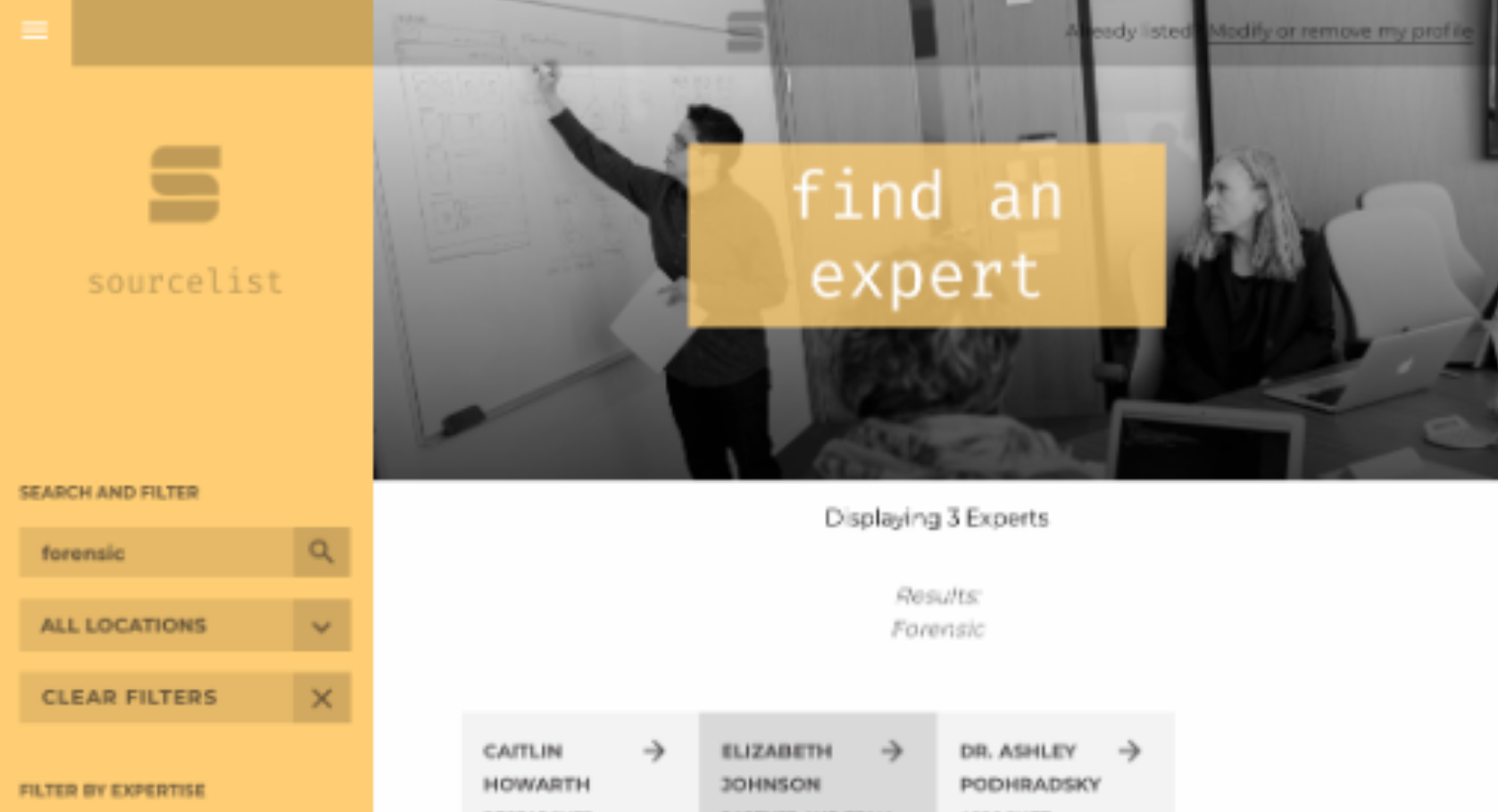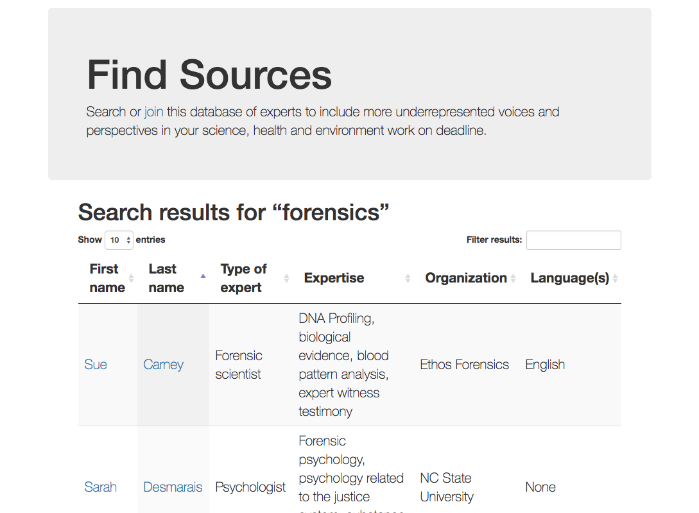Hello again, reporters! I just finished a rather alarming story on deep fakes, and had to dig up some expert sources – something I haven’t done in a while.
When I read up on the previous coverage of deep fakes, a lot of them seemed to be quoting the same one or two guys. This suspicion was confirmed when one of them told me he didn’t have time for an interview because he was inundated with media requests 🤷♀️
So I turned to a previous TFR tool, Google Scholar (did you know you can search for researchers, and not just publications?), and three new ones:
As their names might suggest, these tools aim to provide a more diverse spectrum of expert sources in stories. It’s also a good way to find experts, period.
Sourcelist is the newest, and probably the largest – the Brookings Institution just launched it a couple weeks ago. It focuses on tech and policy. WomenAlsoKnowStuff tends to focus on soft sciences, like sociology, while DiverseSources is more hard sciences, like biology.
If your story has nothing to do with science, well… there’s the Public Insight Network, which I covered in TFR back in 2016, or of course, back to Scholar.
And if you want to get involved, Sourcelist is taking orders for the next industry to focus on.
Lastly: I’ll be giving a talk about the best tools and apps at the IRE Conference in Orlando next week. Ren LaForme of Poynter’s ambitious Try This! newsletter will be joining me, so you can be sure there will be about as many tools as you can handle. See you there?


